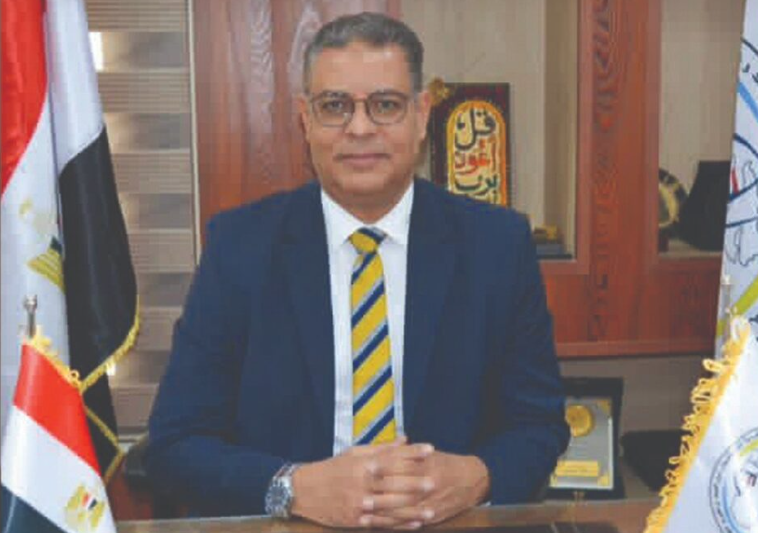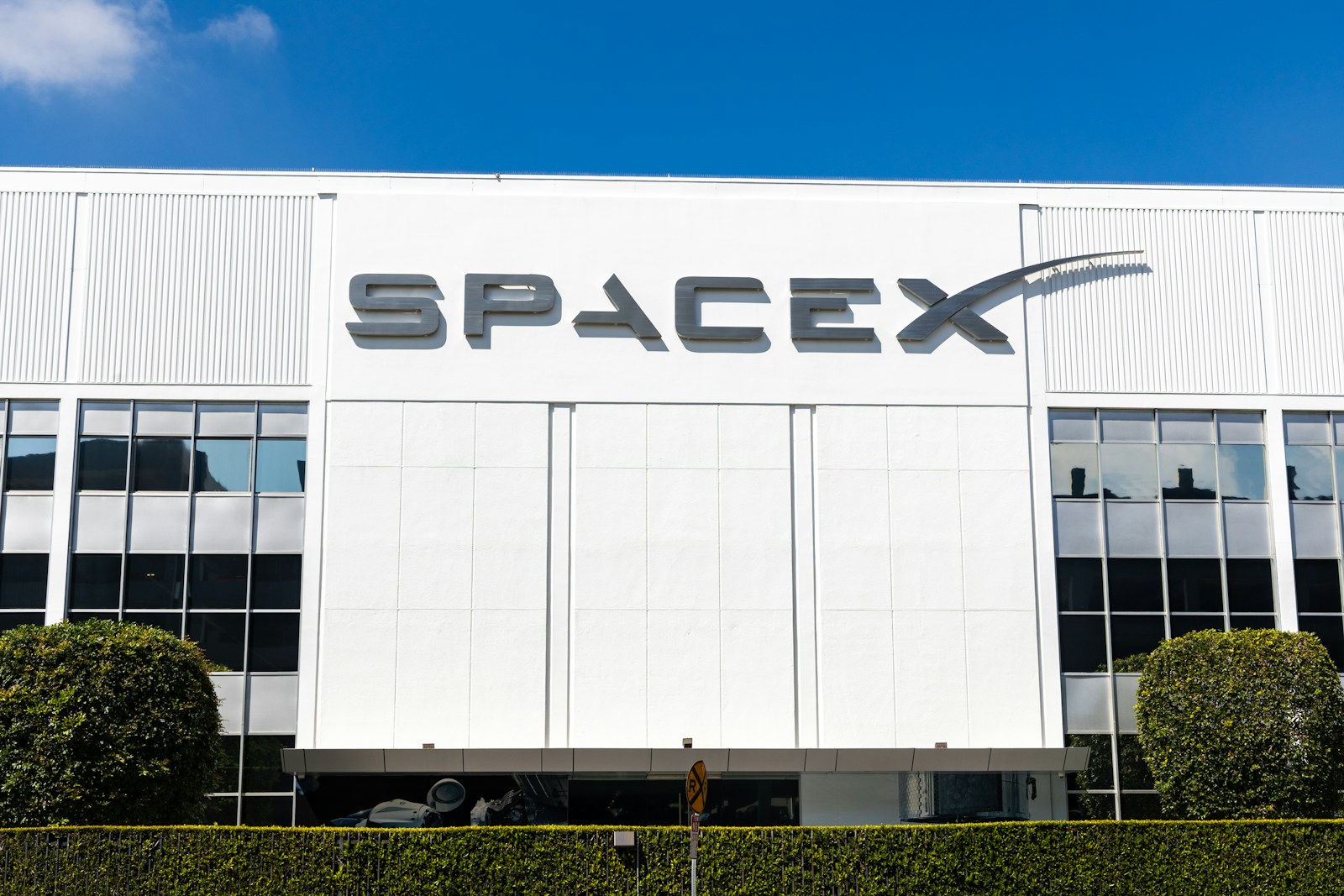The oldest governmental institution in Egypt and North Africa dedicated to space technology and remote sensing is the National Authority for Remote Sensing & Space Sciences (NARSS). Its origins can be traced back to 1971, functioning as a Center for Sensing and Space Technology, where it played a crucial role in the reception and processing of data, including valuable information from Landsat, through its ground receiving station.
From Decree to Distinction
Throughout its existence, NARSS underwent substantial growth and metamorphosis. A significant milestone occurred in 1991 when a Presidential decree elevated it to a national authority status. This promotion enabled NARSS to concentrate on research, technological advancements, as well as remote sensing and space technology applications. In 1994, it was formally established as a governmental national research institute with a distinct mission of advancing remote sensing applications and space technology in Egypt. At its core, NARSS is dedicated to enhancing capacity and fortifying space technology and remote sensing, continuously pushing the boundaries of innovation and research to develop advanced applications in these domains.
Space Impulse believes Africa is an important place for development in the space industry, as is proven by stories and interviews we have covered here, here and here. In a recent interview with Space in Africa, Professor Islam Abou El-Magd, the President of NARSS, highlighted the remarkable achievements and advancements the organization has made in space exploration and technology, not only for Egypt but also for Africa as a whole.
One of the most notable milestones for NARSS was the successful design, manufacture, and launch of Egypt’s first Earth observation satellite, EgyptSat-1. Launched in April 2007, the satellite operated flawlessly, providing valuable data downlink until October 2010. This feat marked NARSS’s entry into the space technology and Earth intelligence sector.
Building on this success, NARSS continued to advance, successfully developing two nanosatellites, NARSScube-1 and NARSScube-2, launched in 2019. These satellites showcased Egypt’s position in the global space community and demonstrated NARSS’s capacity to design, manufacture, and launch small test cubesats into orbit. Additionally, NARSS has been dedicated to enhancing satellite technology, developing various camera payloads and software to improve imaging capabilities for applications like agriculture, environmental monitoring, urban planning, and disaster management.
One of NARSS’s notable achievements was the upgrade of its data-receiving station, enabling it to receive data from renowned satellite missions like Landsat and SPOT (Satellite pour l’Observation de la Terre). This upgrade signified their commitment to expanding remote sensing capabilities and staying at the forefront of satellite data reception and analysis.
Collaborative Space Missions & Capacity Development
Collaboration has been a key strategy for NARSS, engaging with other space agencies and institutions in payload integration projects and contributing expertise to missions with multiple satellite components. These collaborations have enhanced NARSS’s presence in the international space community and fostered knowledge exchange for space technology advancements.
“As a prominent research institute operating under the Ministry of Higher Education and Scientific Research, we have a clear mandate to conduct cutting-edge research and contribute to capacity development. Our close integration with universities allows us to foster partnerships that lead to various educational opportunities. These include summer courses, short-term training programmes, professional diplomas, and even opportunities for ambitious engineers to pursue Master’s and Ph.D. degrees,” said El-Magd, when asked about NARSS’s strategy to develop local, national and international collaborations and serve Egypt’s strategic goals in remote sensing and space sciences.
Regarding future satellite projects, NARSS is currently working on a 6U satellite dedicated to agricultural monitoring, aiming to transform how agricultural activities are tracked and analyzed from space. This ambitious project involves collaboration between engineers and academic staff within NARSS’s space technology division.
To strengthen the domestic space industry, NARSS envisions exploring commercial opportunities and collaborations with other industries to utilize satellite technology beyond scientific research. They aim to optimize their potential for providing valuable and impactful solutions by forging partnerships and diversifying data acquisition methods.
NARSS actively contributes to the scientific culture in society through awareness sessions, virtual reality labs, and educational programs for students. They place significant importance on capacity building, knowledge sharing, and nurturing local talent to support scientific thinking among the younger generation.
Despite challenges, such as the impact of the COVID-19 pandemic and global political situations, NARSS remains resilient in pursuing its ambitious goals through strategic partnerships. By integrating with the African Space Agency, NARSS aims to contribute more meaningfully to Africa’s development and prosperity in the space domain.
Looking ahead, NARSS plans to develop software frameworks dedicated to remote sensing applications, leveraging artificial intelligence algorithms and integrating multiple data sources. They aspire to be a leading institution offering innovative solutions to society, supporting economic development, and aligning with the broader African agenda.
“Our approach involves going beyond static solutions to adopting dynamic platforms allowing stakeholders to access data through dashboards and regular reports. This innovation will enable continuous monitoring and improvement of the applications, with research and development efforts leading to scientific publications and contributions to the broader scientific community,” said El-Magd.
By fostering partnerships, adopting innovative approaches, and engaging with stakeholders, NARSS aims to continue serving effectively, making a significant impact in the space industry and beyond, both in Africa and globally.
Featured image: Prof Islam Abou El-Magd, the President of NARSS. Credit: Space in Africa
Share this article:










